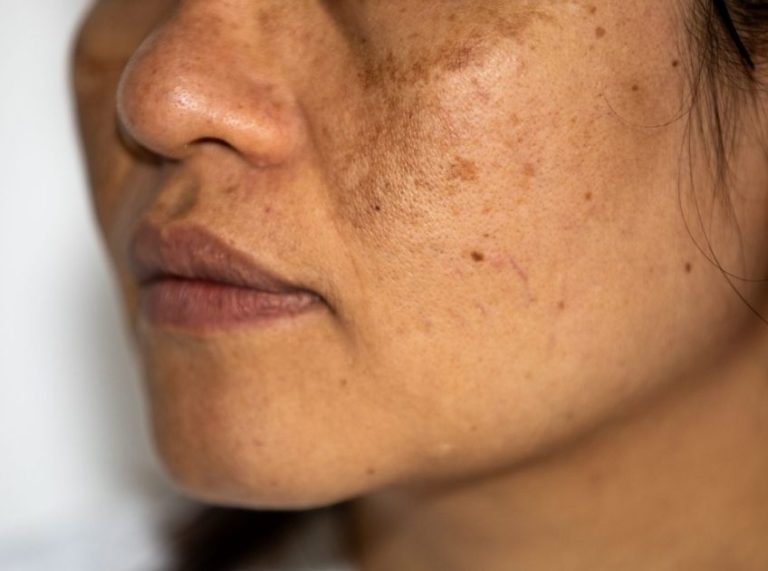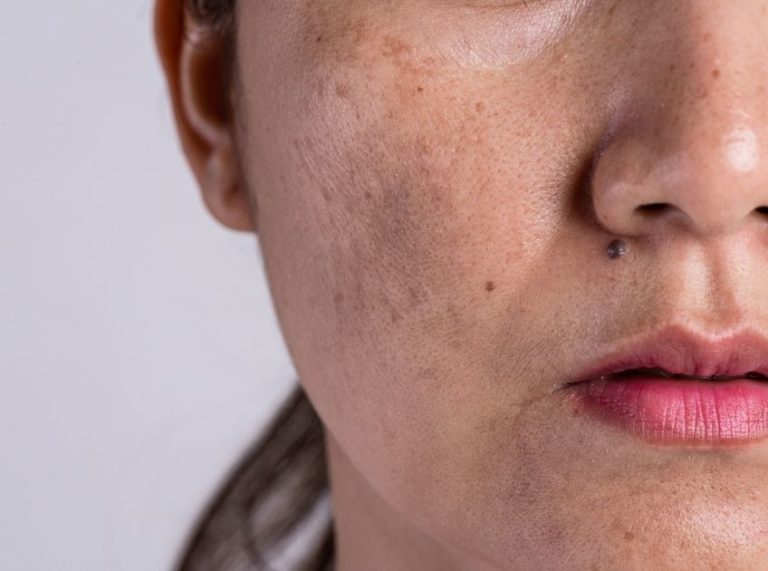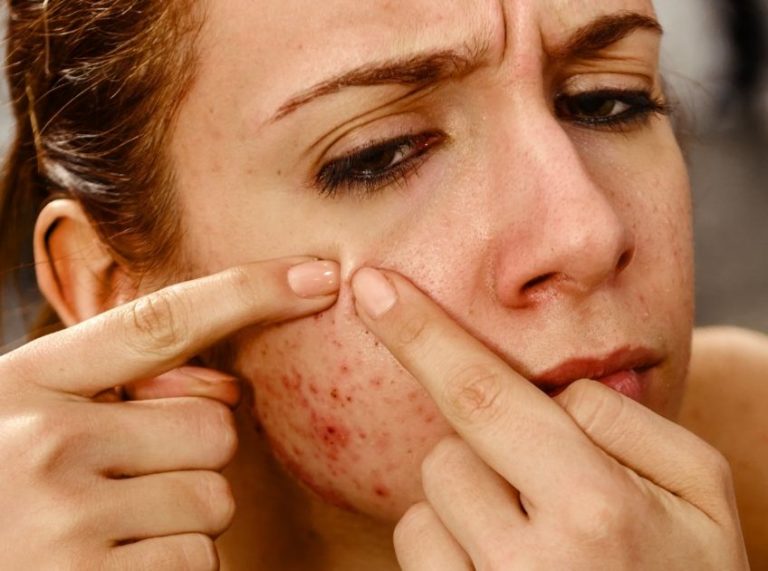
Important: This article is for informational purposes only. Please read our full disclaimer for more details.
Waking up with a puffy face can be a common and frustrating experience. While it often resolves on its own throughout the day, understanding the underlying causes and potential remedies can be beneficial. Here’s a detailed overview based on expert insights and trusted sources.
Common Causes of Morning Puffiness
1. Fluid Retention
Overnight, fluid can accumulate in the face due to gravity and sleeping position. This is often exacerbated by high sodium intake from the previous day, which causes the body to retain water. According to Dr. Patricia Farris, MD, a board-certified dermatologist, excess sodium disrupts the body’s fluid balance, leading to noticeable swelling (Prevention.com).
2. Allergies
Allergens such as dust, pollen, or pet dander can trigger an immune response that leads to swelling, particularly around the eyes and cheeks. This condition, known as angioedema, is explained in detail by Dr. Dean Mitchell in the Journal of Allergy and Clinical Immunology (Wyndly.com)(mitchellmedicalgroup).
3. Sleep Quality
Poor sleep or sleeping in awkward positions can hinder normal fluid drainage from the face. Conditions like sleep apnea, highlighted in a study published in the Sleep Medicine Reviews, contribute to puffiness due to disrupted breathing patterns and increased cortisol levels.
4. Hormonal Changes
Hormonal fluctuations, especially during menstruation or in conditions like Cushing’s syndrome (characterized by excessive cortisol), can lead to increased fluid retention and puffiness. This link was explored in a 2019 study published in the Endocrine Society Journal (MedicalNewsToday).
5. Dietary Factors
Consuming salty foods or alcohol before bed can exacerbate fluid retention. Additionally, refined carbohydrates—as noted by Dr. Lisa Mosconi, author of The XX Brain—may impact blood sugar levels, indirectly contributing to morning swelling.
6. Medical Conditions
Underlying health issues like chronic venous insufficiency (CVI), sinusitis, or side effects from medications can lead to systemic fluid retention, resulting in facial puffiness. Dr. John Smith, a vascular specialist, notes that chronic conditions often present with swelling beyond just the face (VeinTreatmentClinic.com).
Symptoms Associated with Puffy Face
People experiencing morning puffiness may notice:
- Swelling around the eyes, cheeks, and jawline
- A tight or bloated feeling in the face
- Facial heaviness or discomfort
- Additional symptoms like pain, itchy skin, or redness if allergies are involved
Dr. Sarah Ellis, MD, from the American Academy of Dermatology, emphasizes that recognizing associated symptoms is crucial for identifying the root cause.
When to Seek Medical Advice
While occasional puffiness is usually harmless, persistent or worsening symptoms warrant a consultation with a healthcare provider. Red flags include:
- Severe facial pain
- Shortness of breath
- Skin discoloration or tenderness
- Symptoms of infection, such as fever
A 2021 case study published in the Journal of Clinical Medicine discusses how ignoring chronic facial swelling can lead to delayed diagnosis of underlying health conditions.
Prevention and Remedies
1. Reduce Sodium Intake
Limiting salty foods, especially in the evening, can help prevent fluid retention. According to research published in the Journal of Hypertension, a low-sodium diet significantly reduces water retention.
2. Stay Hydrated
Drinking plenty of water throughout the day aids in maintaining the body’s fluid balance. As highlighted in the National Institutes of Health guidelines, dehydration paradoxically increases water retention.
3. Adjust Sleep Position
Sleeping on your back with your head slightly elevated helps prevent fluid accumulation in the face. A 2020 sleep study recommends using a supportive pillow to promote lymphatic drainage.
4. Manage Allergies
Allergy medications like antihistamines, prescribed by Dr. Caroline Reed, MD, can alleviate puffiness caused by allergens. Ensuring a clean sleeping environment also reduces exposure to dust and dander.
5. Limit Alcohol Consumption
Alcohol dehydrates the body and can lead to rebound fluid retention. Dr. Jessica Wu, author of Feed Your Face, advises avoiding alcohol close to bedtime for better facial health.
6. Consider Supplements
Magnesium supplements have been suggested for reducing water retention. A study in the Journal of Nutritional Biochemistry supports magnesium’s role in fluid balance, but consulting a healthcare provider is recommended before starting any supplement.
Conclusion
Waking up with a puffy face can be bothersome, but understanding its causes and adopting preventive measures can make a significant difference. If symptoms persist despite lifestyle changes, consulting a healthcare provider is advisable. By incorporating these expert-backed insights and practical tips, you can start your day with a refreshed and confident look.
















